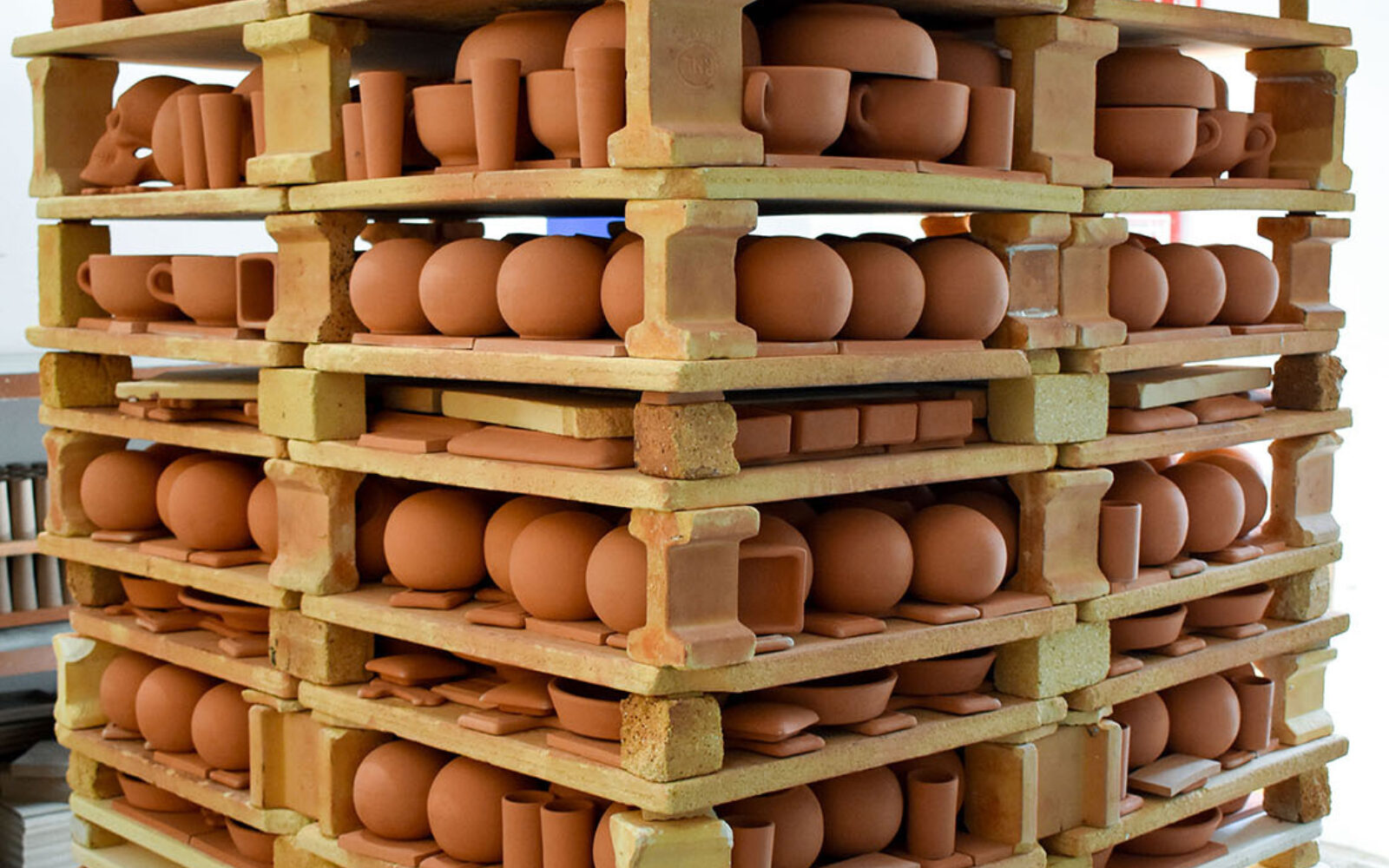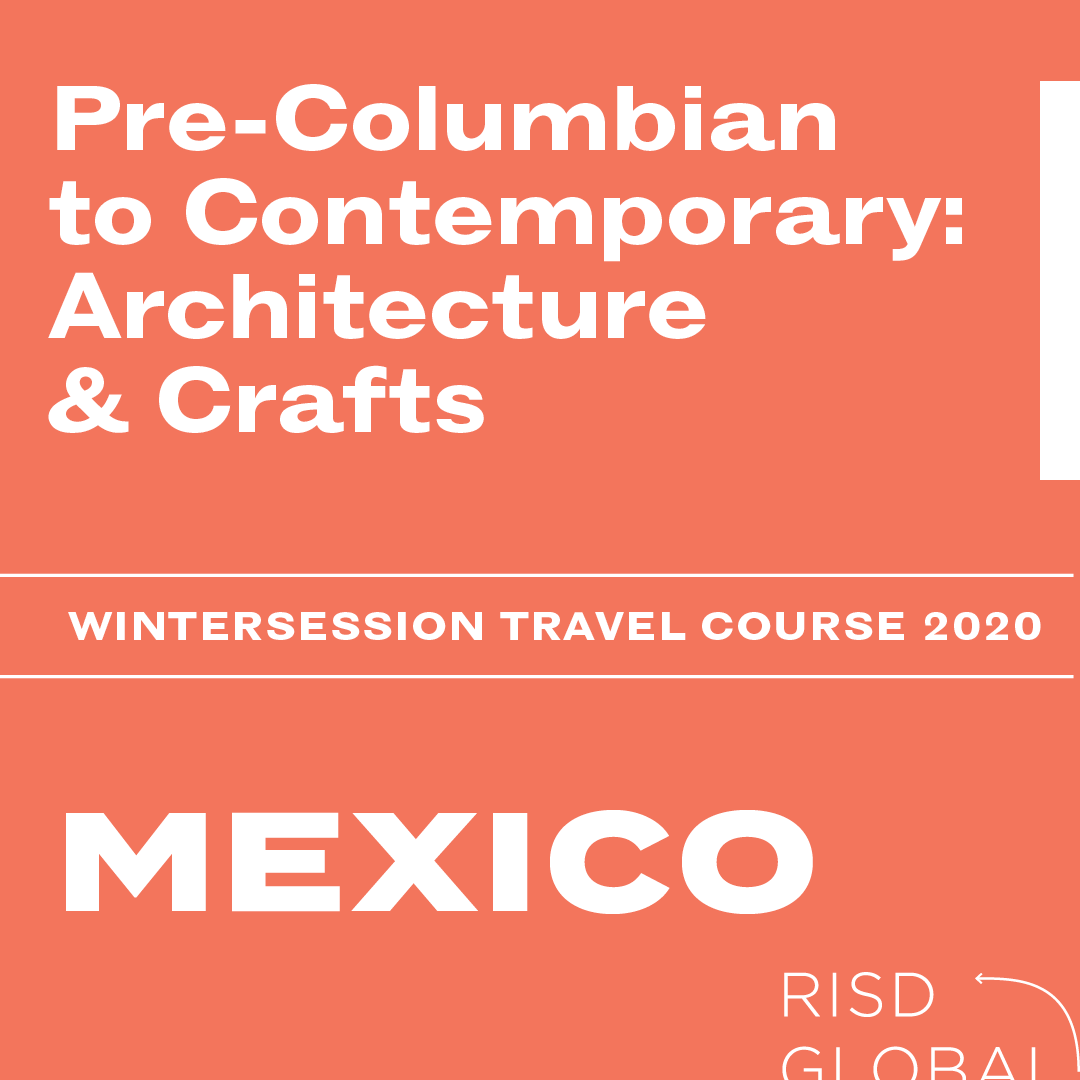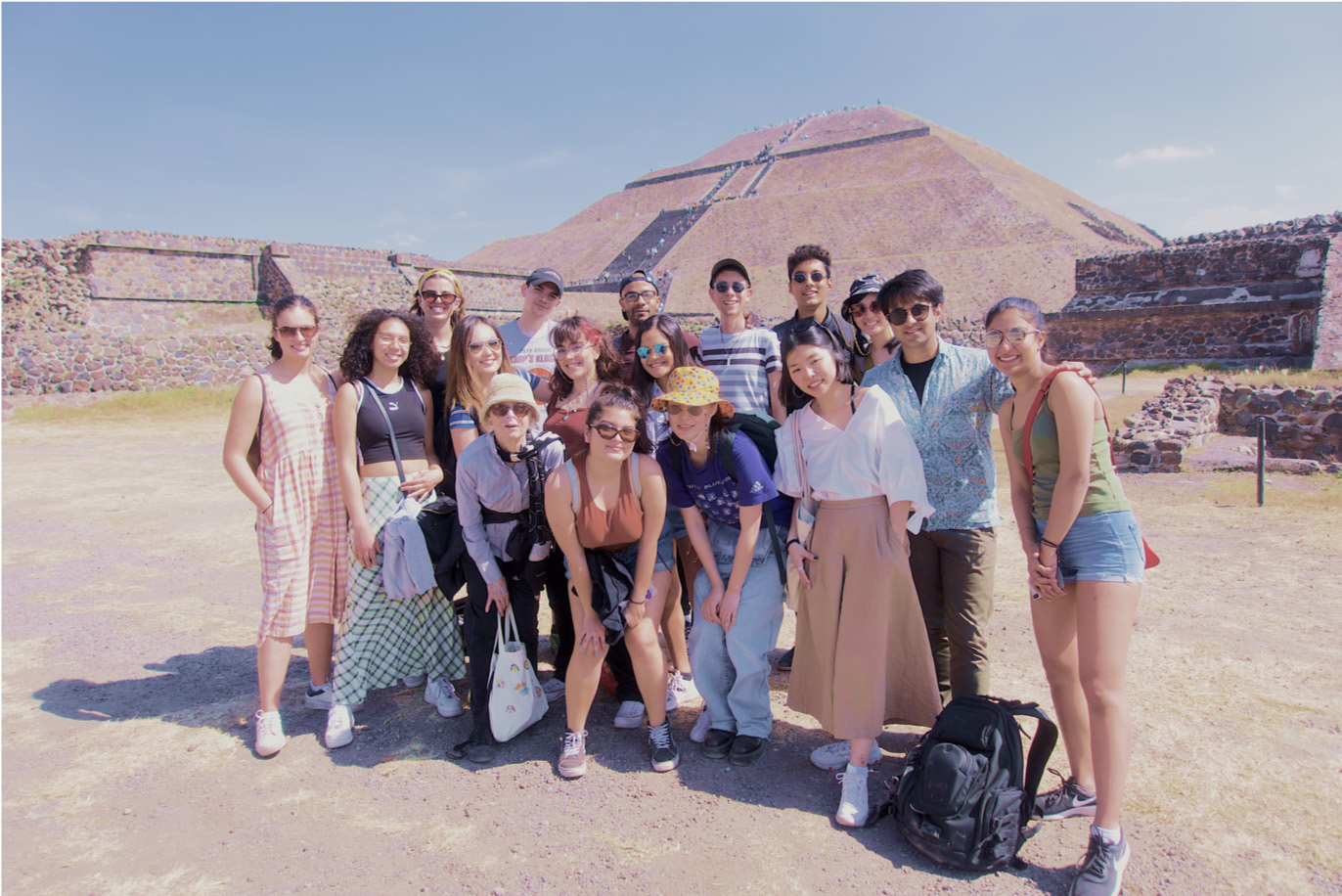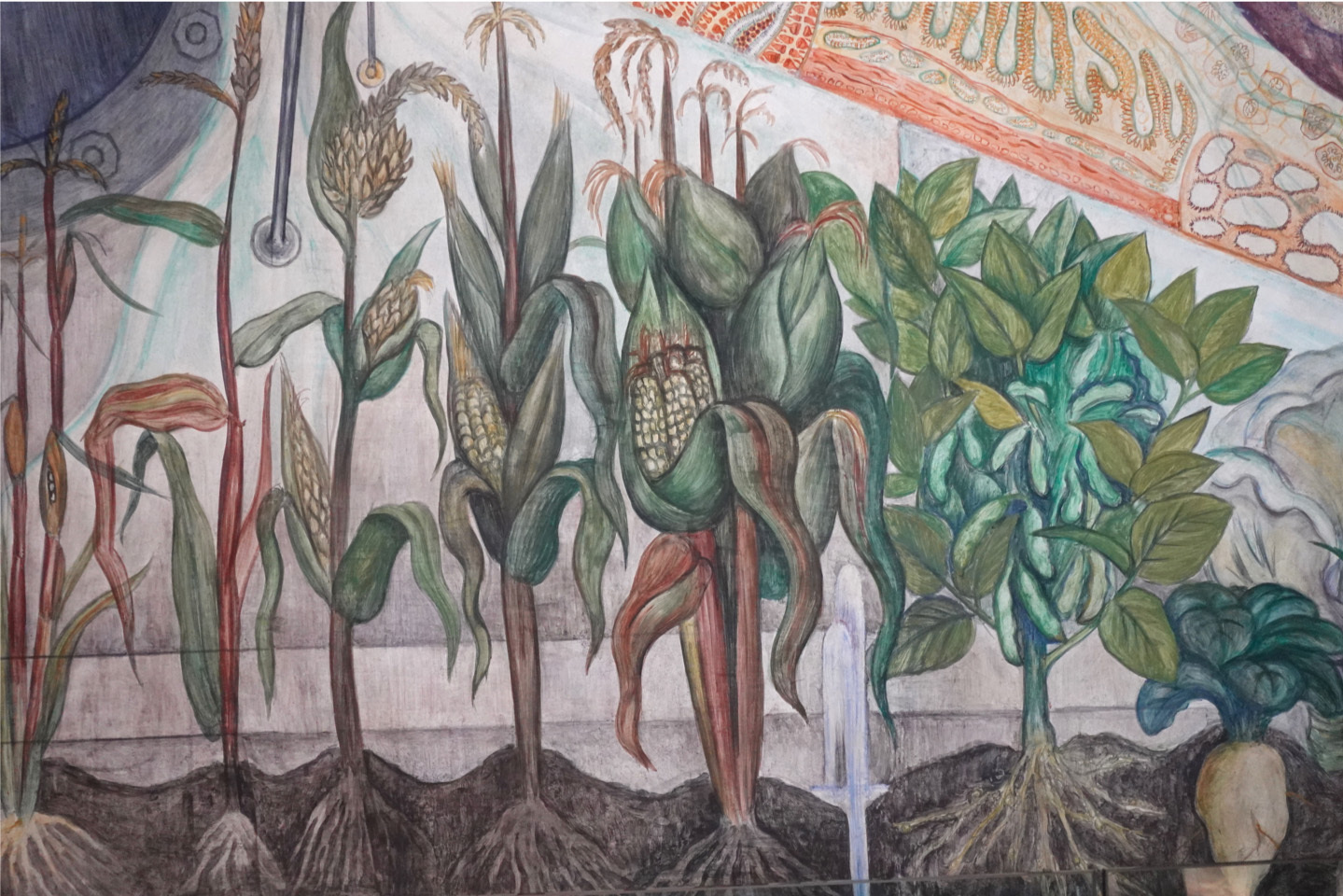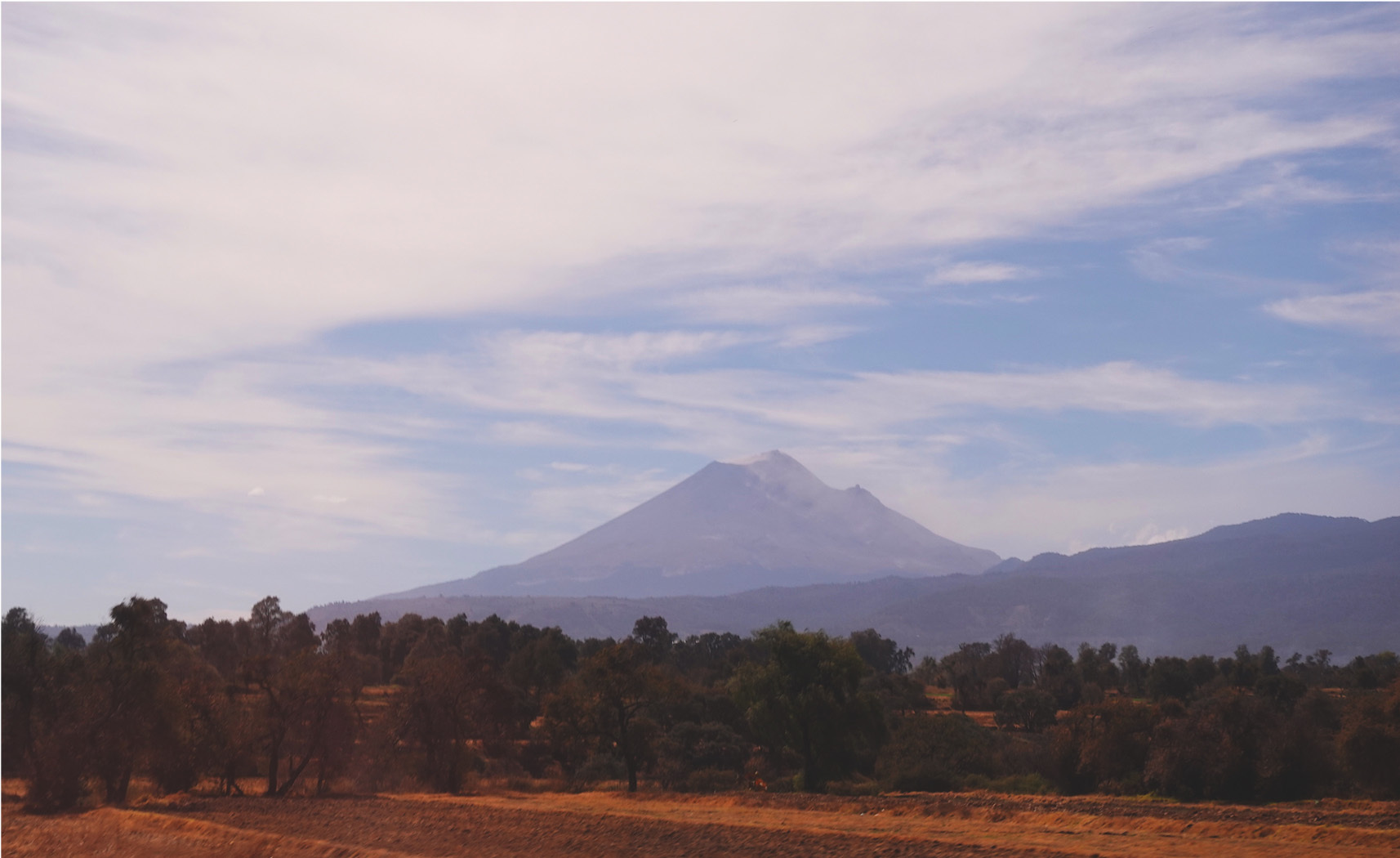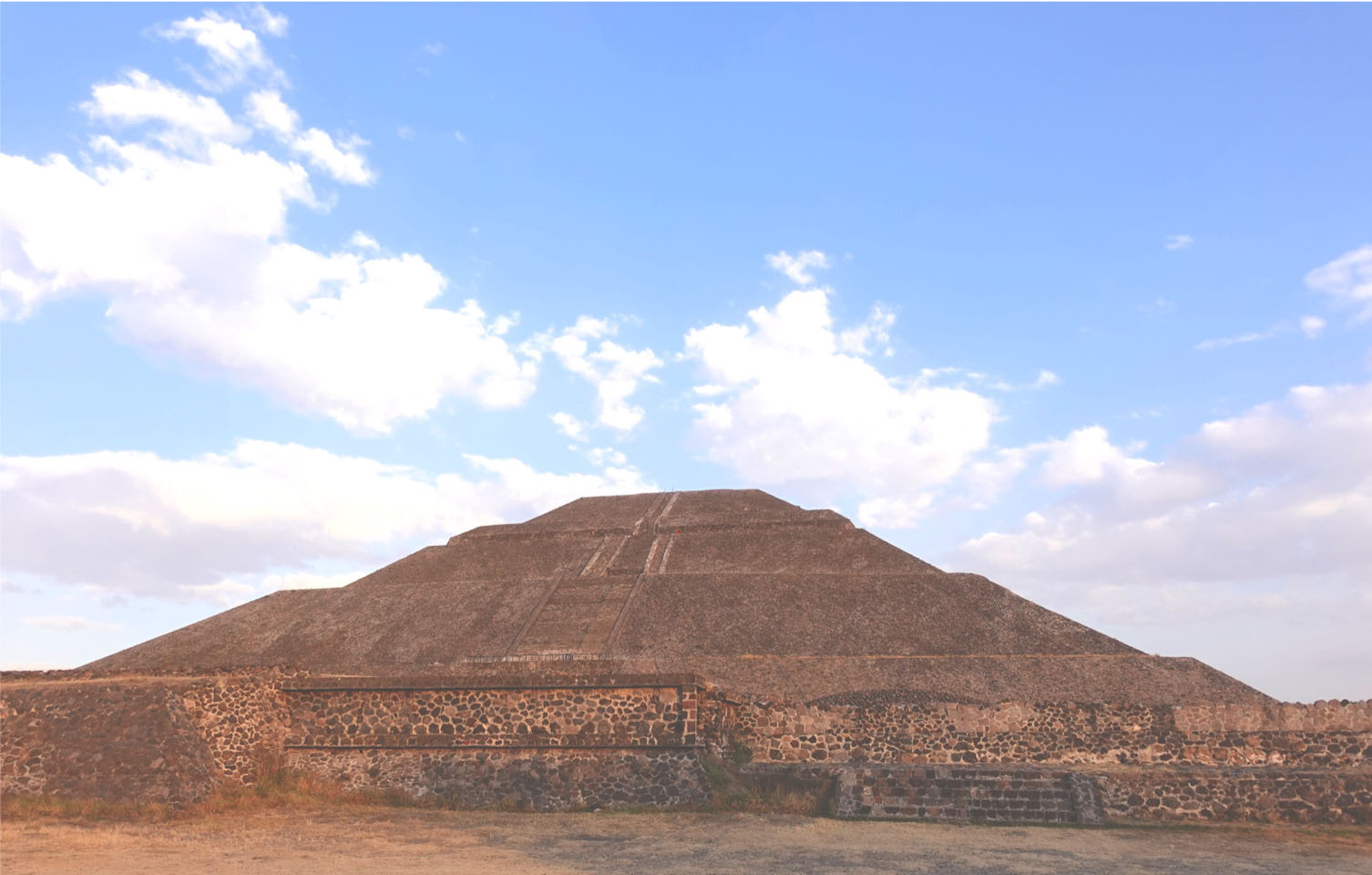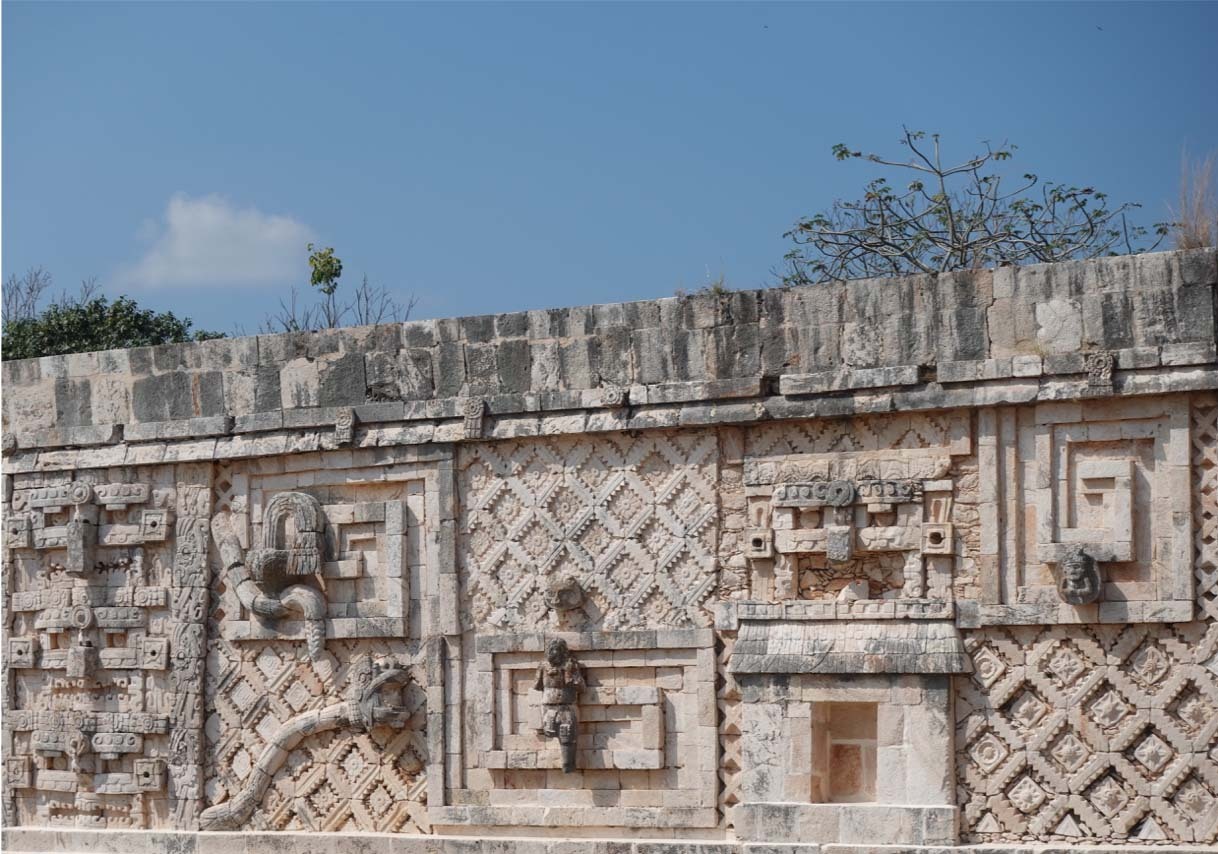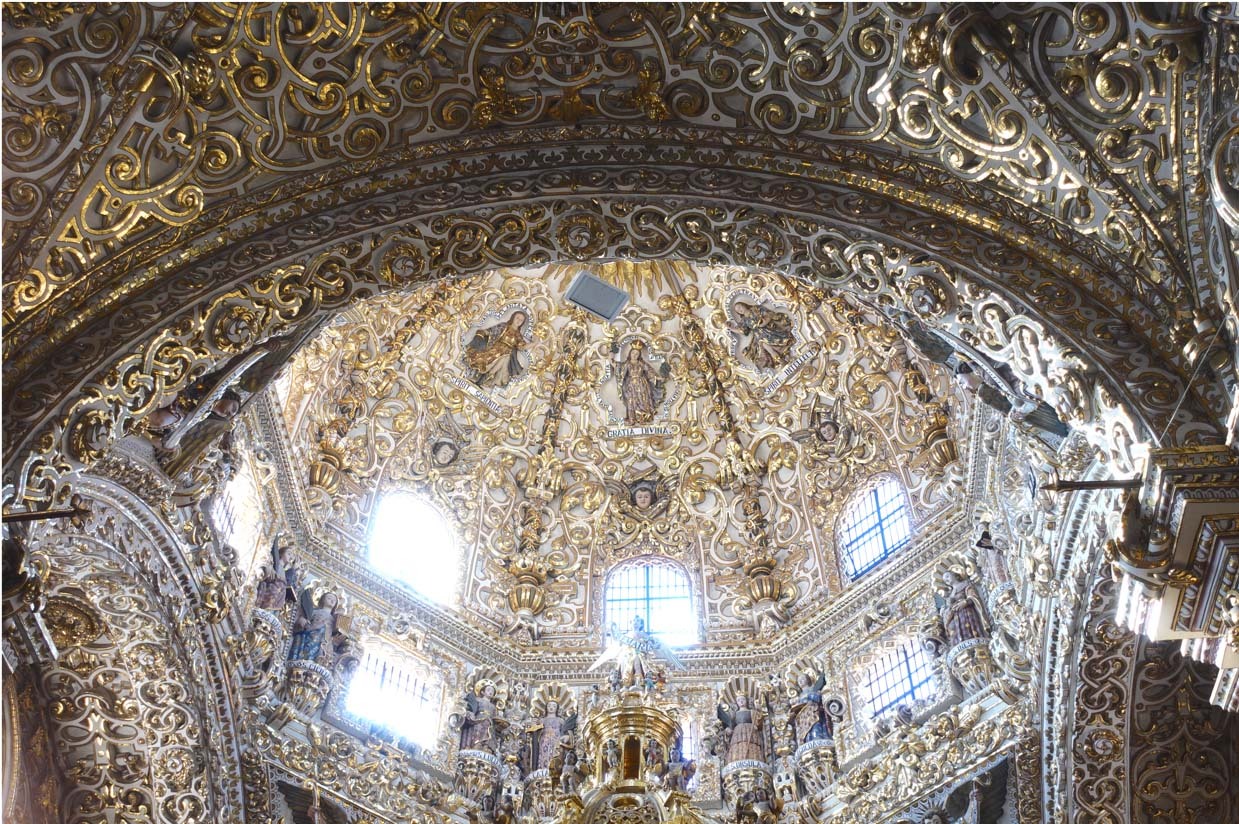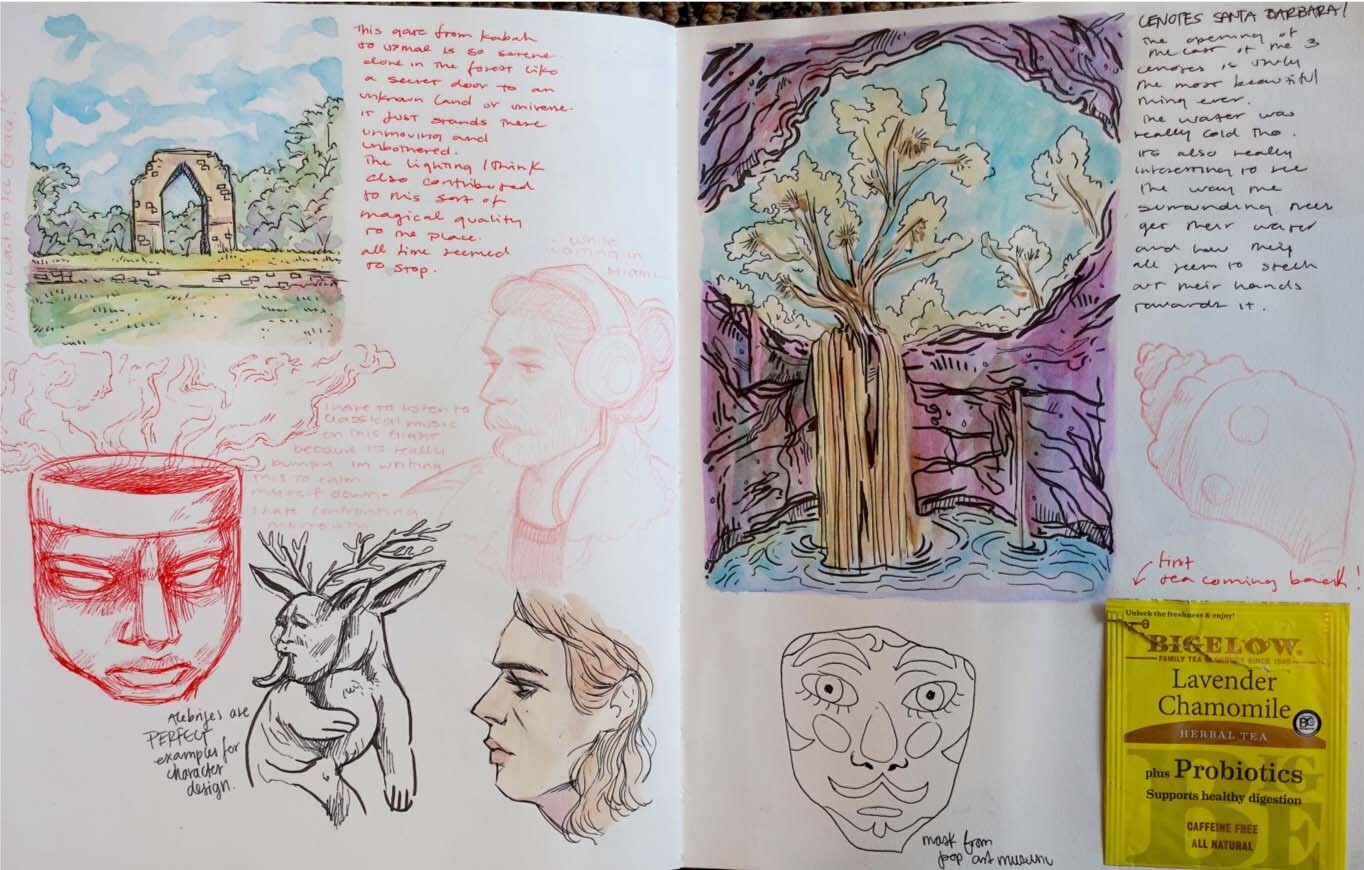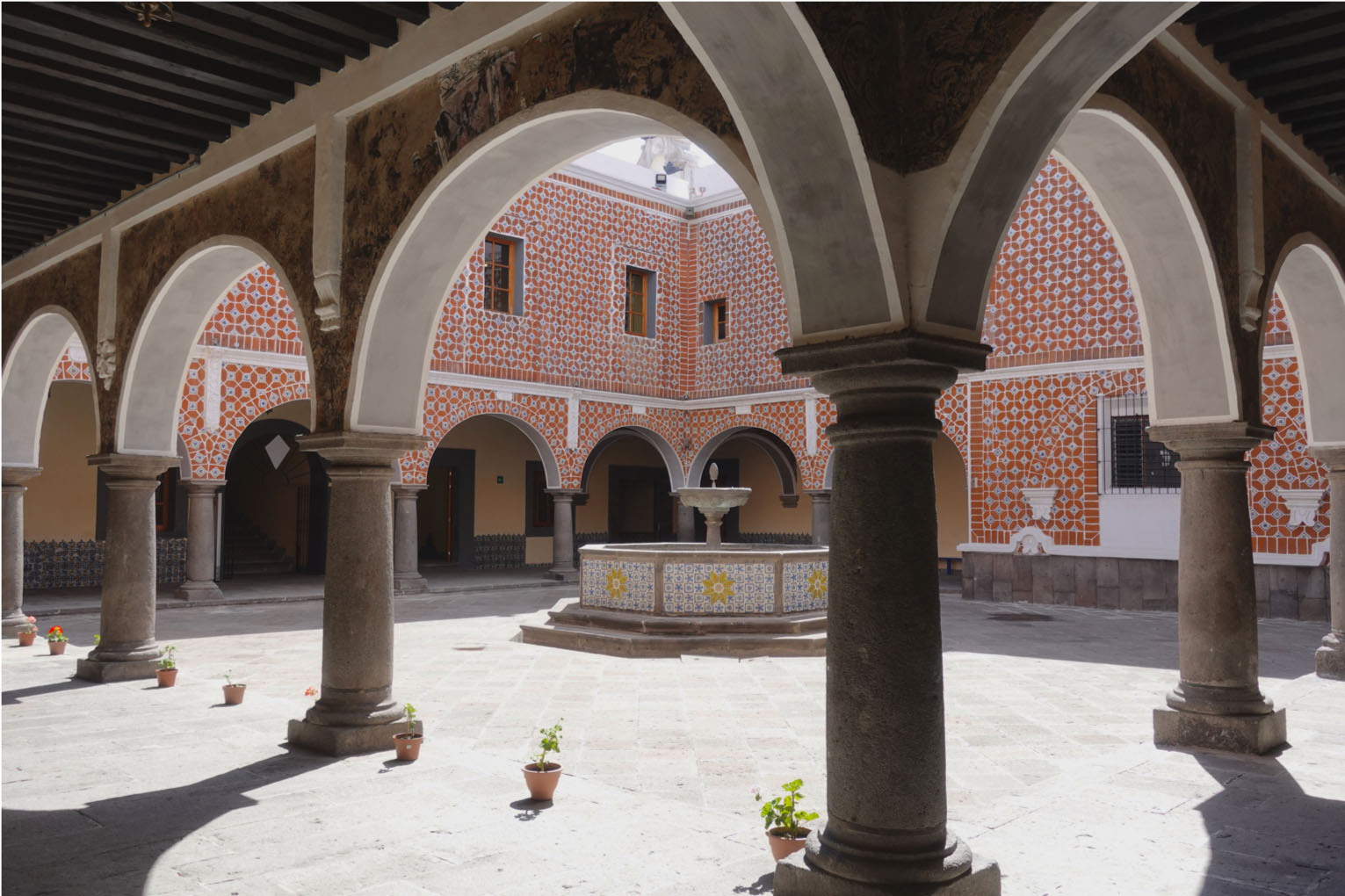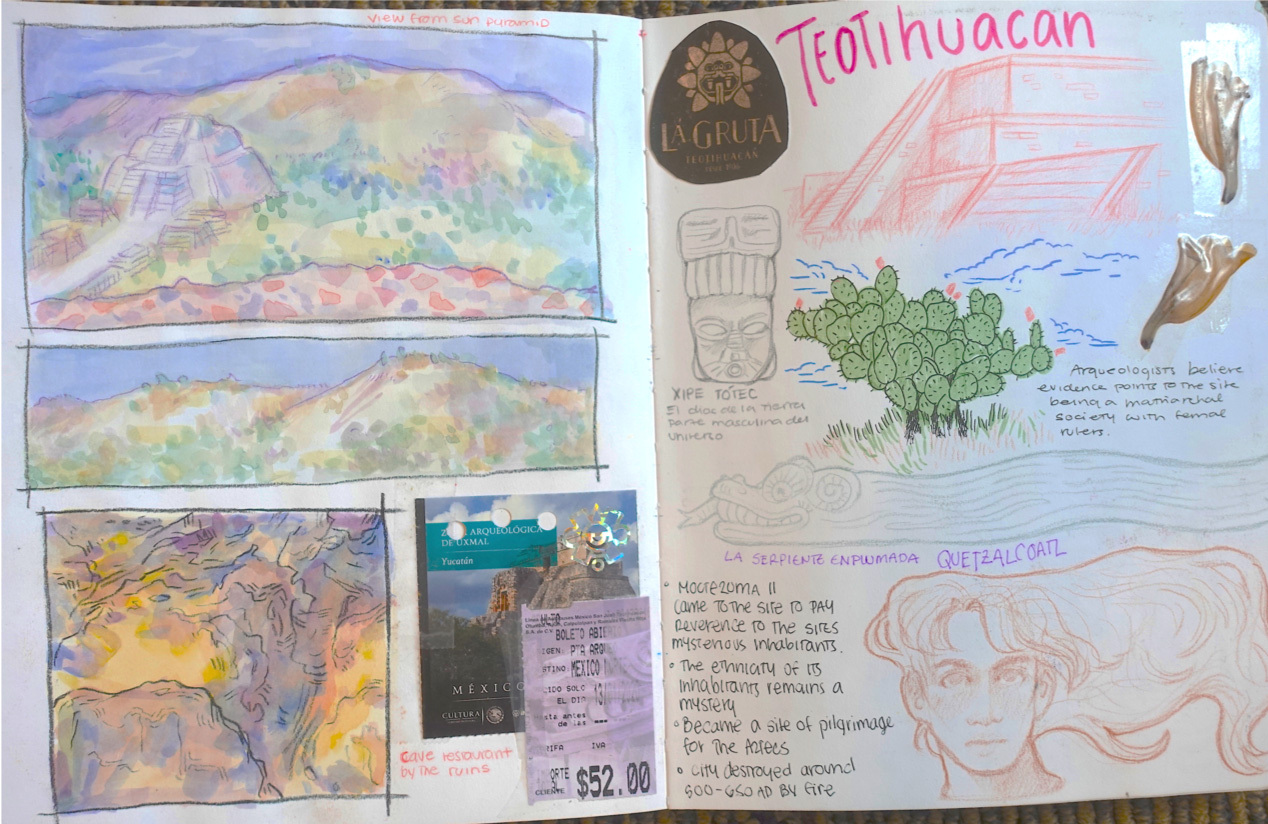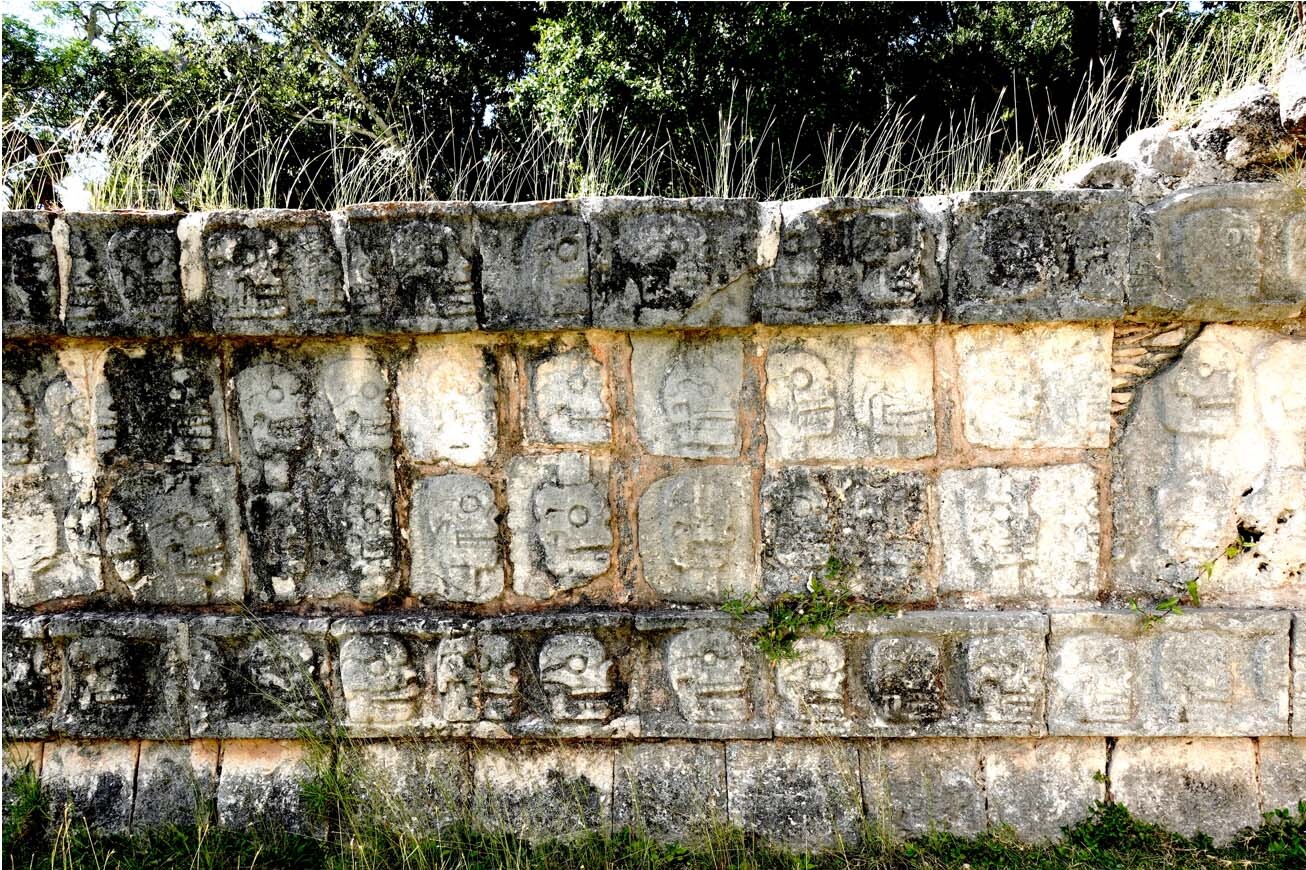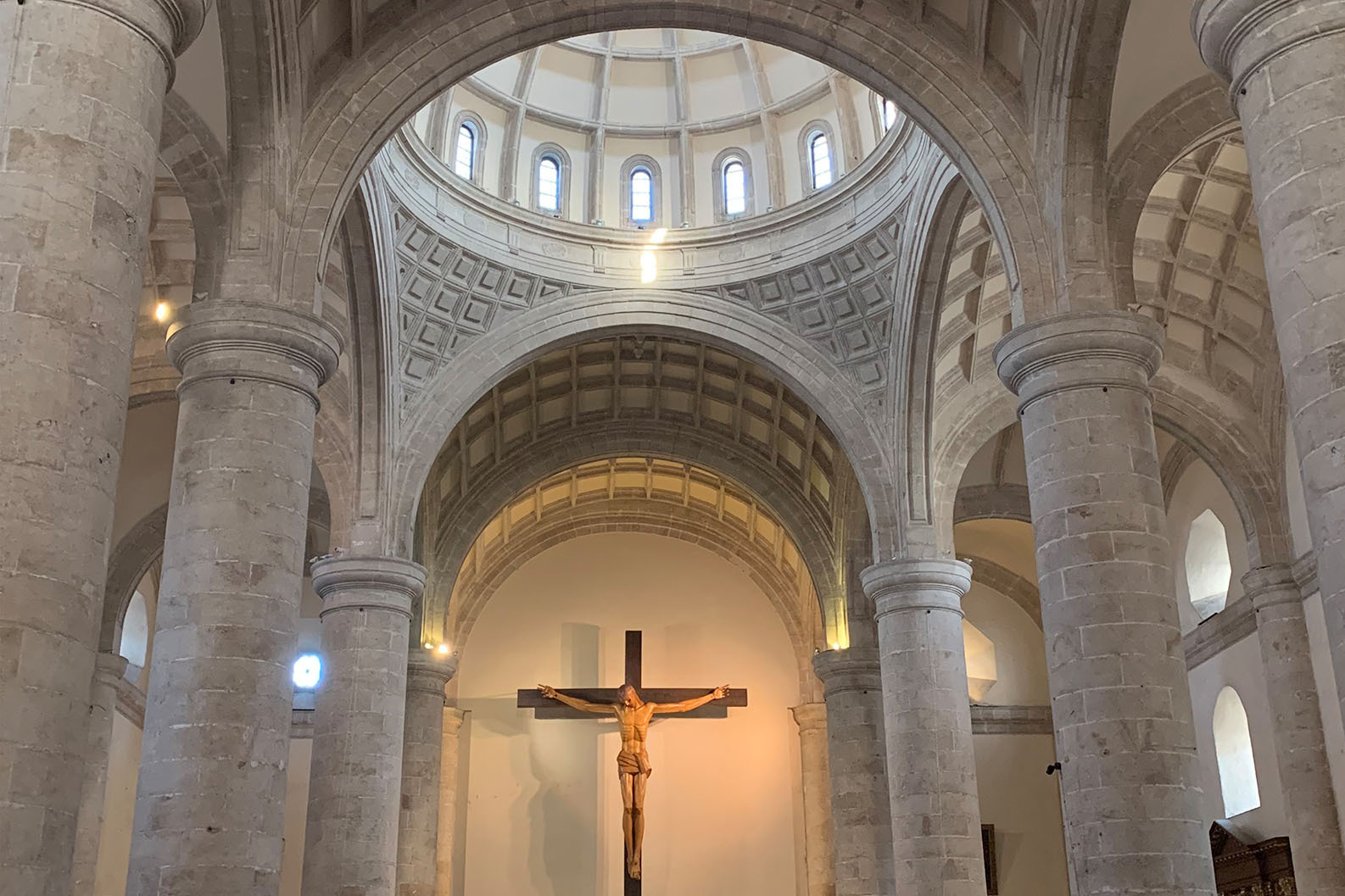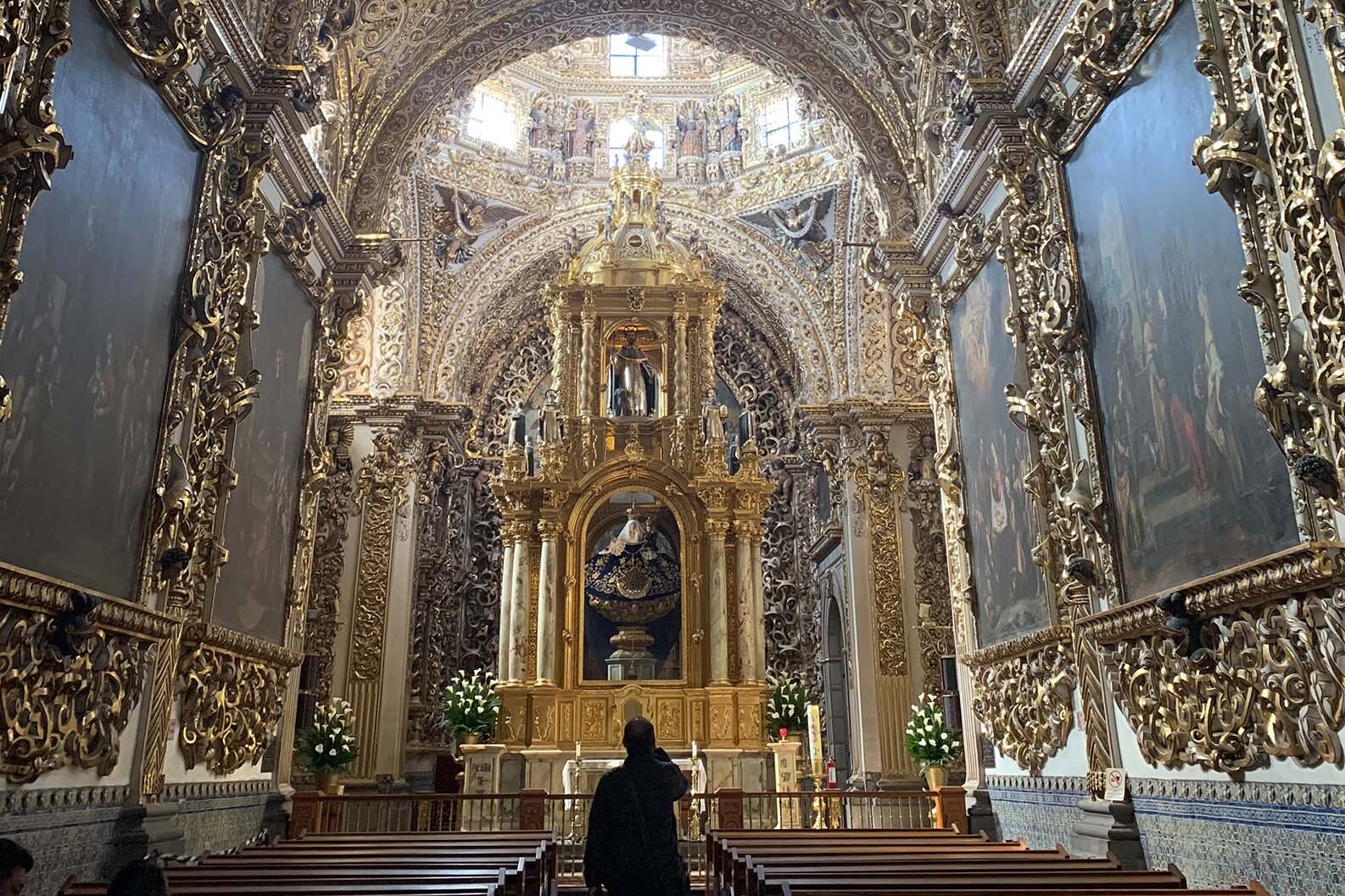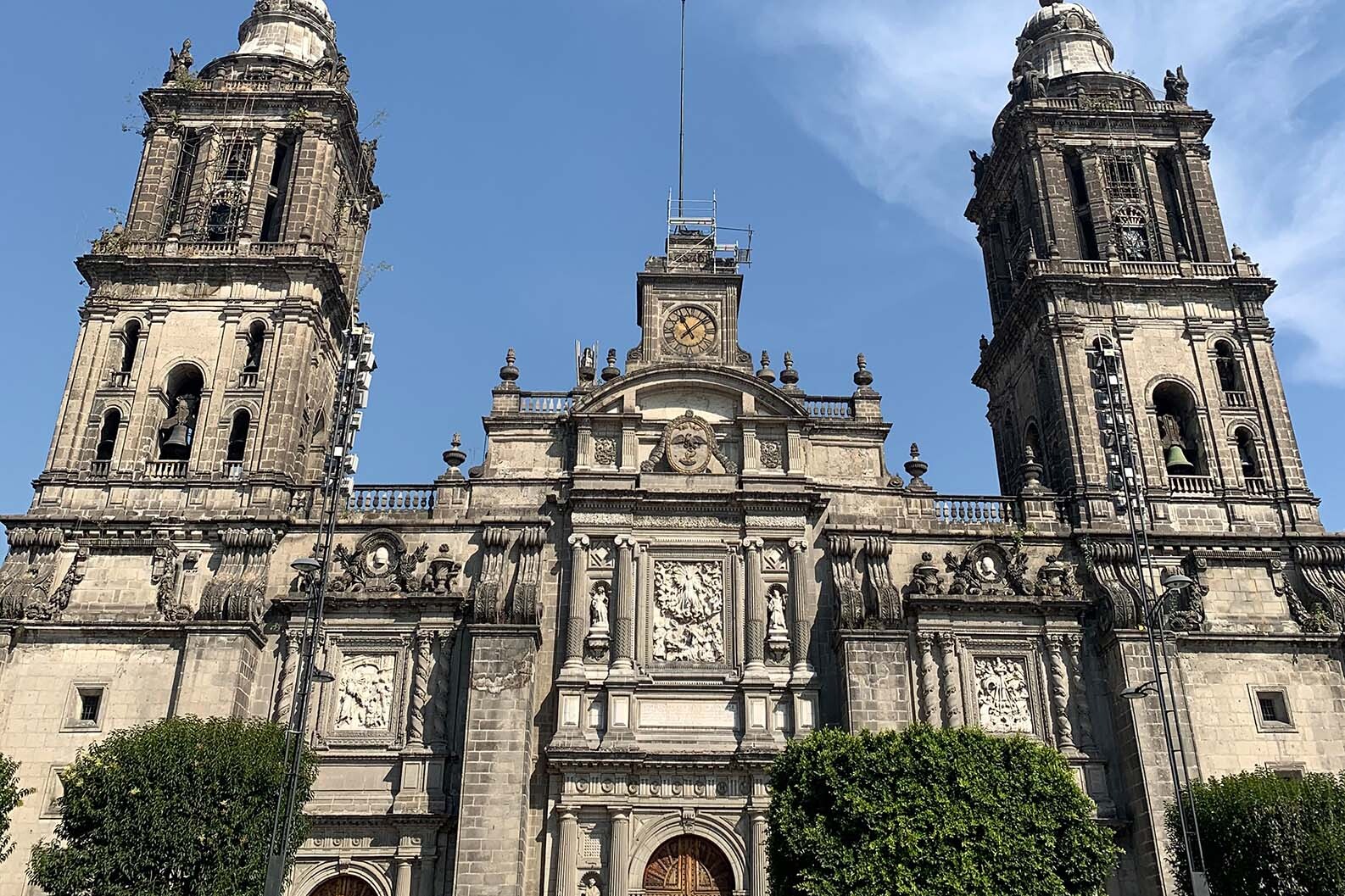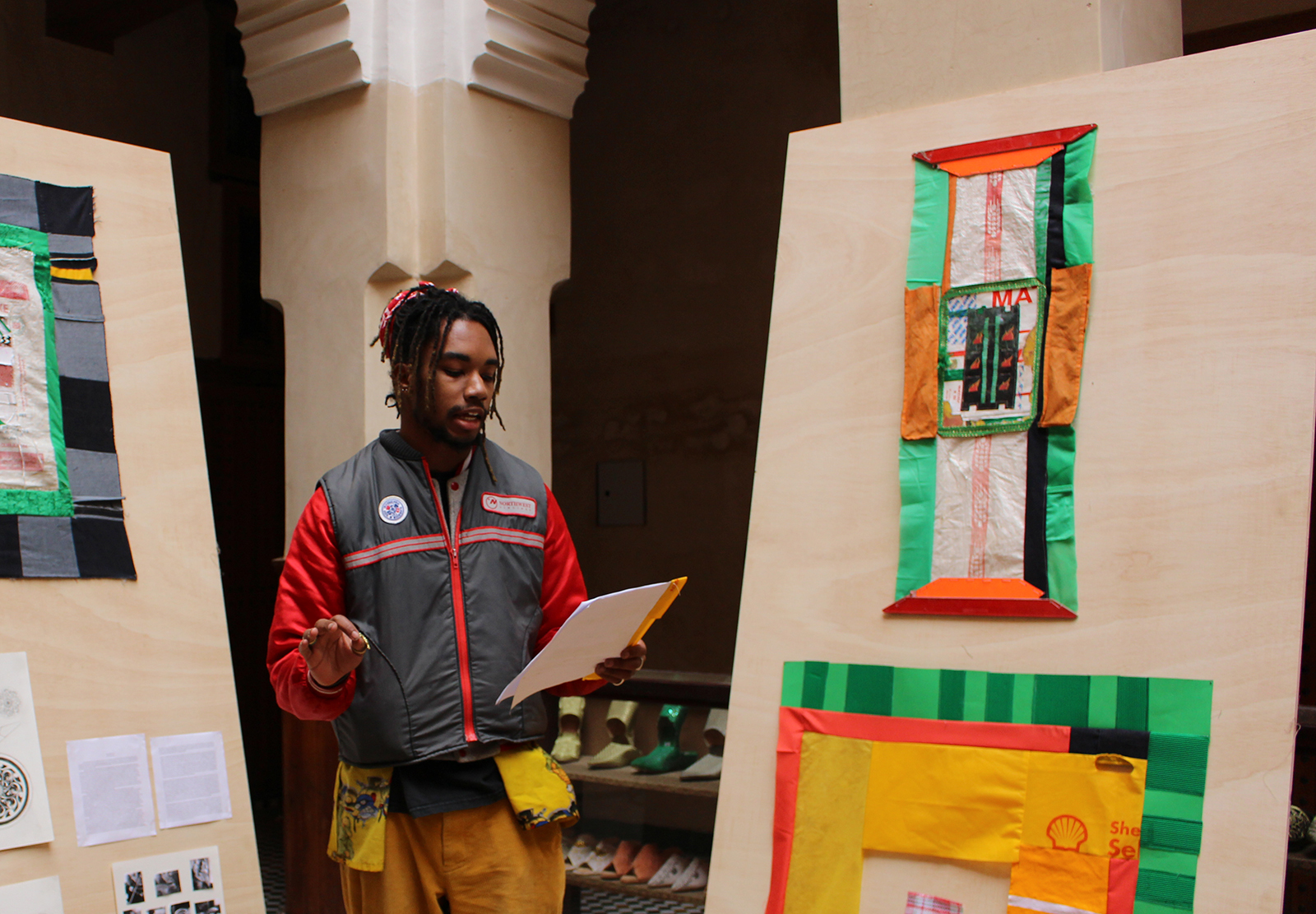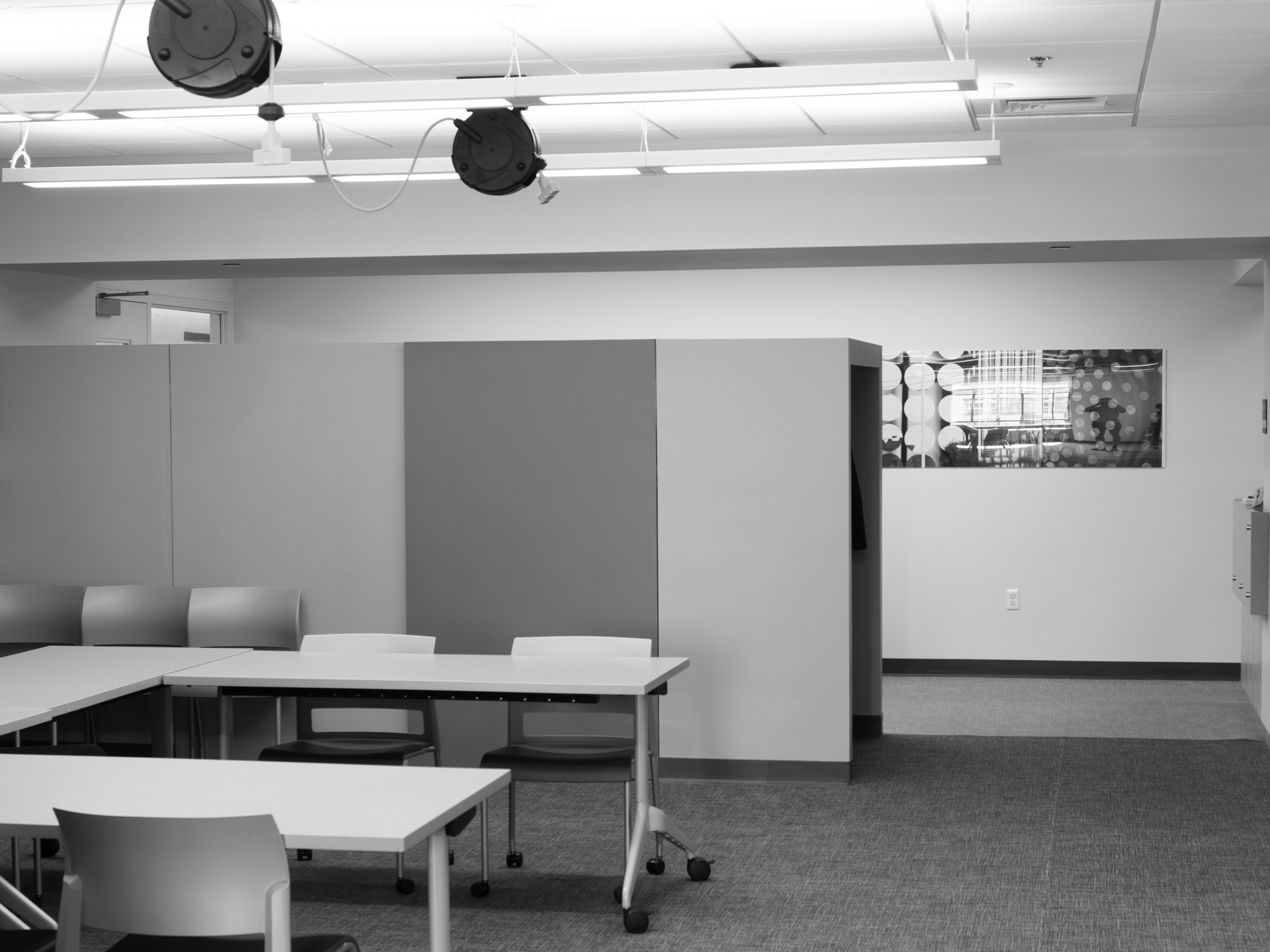About this Travel Course
The course hopes to not only inform students about the culture and history of our neighbors to the South, but also give them knowledge and an appreciation for the many contributions that Mexican past civilizations and contemporary Mexican culture have provided globally, and continue to bring to us. We also hope that our traveling students will learn about group dynamics, develop sensitivity towards a culture that might be foreign to them, be willing to explore a host of new traditions, acquire new knowledge, and discard possible stereotypes and preconceptions about an American region to which so many of our US citizens and immigrants have a connection to.
Prior to leaving for Mexico, the students will be given a illustrated lecture with an overview of Mexico's past cultural and political history, including the development of major civilizations throughout Mexico, the conquest of the region by the Spanish in the 16th c., the Mexican revolution, and the current political structure of the country. During our travel, each site visit will be accompanied by a brief contextual introduction orienting the students to the site's contributions to Mexico's history and cultural context.
This travel course has two components: Theory and History of Art and Design + History, Philosophy, and the Social Sciences.
1. THAD Seminar: Pre-Colonial to Contemporary - Sean Nesselrode Moncada
The THAD portion of the course will cover the colonial, modern, and contemporary periods in terms of artistic, architectural, and visual production, considering how indigenous pre-colonial techniques and traditions (addressed in the HPSS portion of the course) are revived, reinvented, and synthesized with European, African, and Asian styles, materials, and practices.
Students will be required to write two short papers (3 pages, double-spaced) that reflect upon the readings and/or the sites visited. They should be focused, organized responses that include a clear thesis (or guiding idea) rather than being a stream-of-conscious response, but may incorporate personal reflections, impressions, and opinions. The course will conclude with a focused, researched response (5-7 pages) that engages with some aspect of Mexican art, architecture, or visual culture, from the pre-colonial period to the present day. It may incorporate personal reflections and impressions, but it should reference and cite specific texts that we have read in the course, as well as artworks and/or sites we have visited during our trip. Papers will be due after our return from Mexico. Students' grades will take into account their participation and inquisitiveness in/about the various site visits, as well as their level of inquiry and critical engagement demonstrated in their written responses.
2. HPSS Seminar: Pre-Columbian Architecture and Traditional Crafts - Winifred Lambrecht
The HPSS component will also address the contemporary cultural traditions that distinguish each region from the other in terms of crafts production, the use of local materials, and the identifying regional dress, language and cuisine modalities.
Students will complete a series of pre-departure readings and the keeping of a journal that includes both written descriptions and observations as well as sketches of the many site visits; this requirement is part of exploring the focused discipline of "visual ethnography", i.e. the observation and visual description of environs, people and material culture through simple available tools: paper and pencil (or other portable tools such as water colors, etc.). Students' grades will take into account their participation and inquisitiveness in/about the various site visits, a written quiz on the readings, and the interest the Yoruba show through their journals and sketches. We hope to have their work exhibited at our journey's end on the RISD campus.
This is a co-requisite course. Students must plan and register for THAD-W135 and HPSS-W235. Students will receive 6 liberal arts credits
